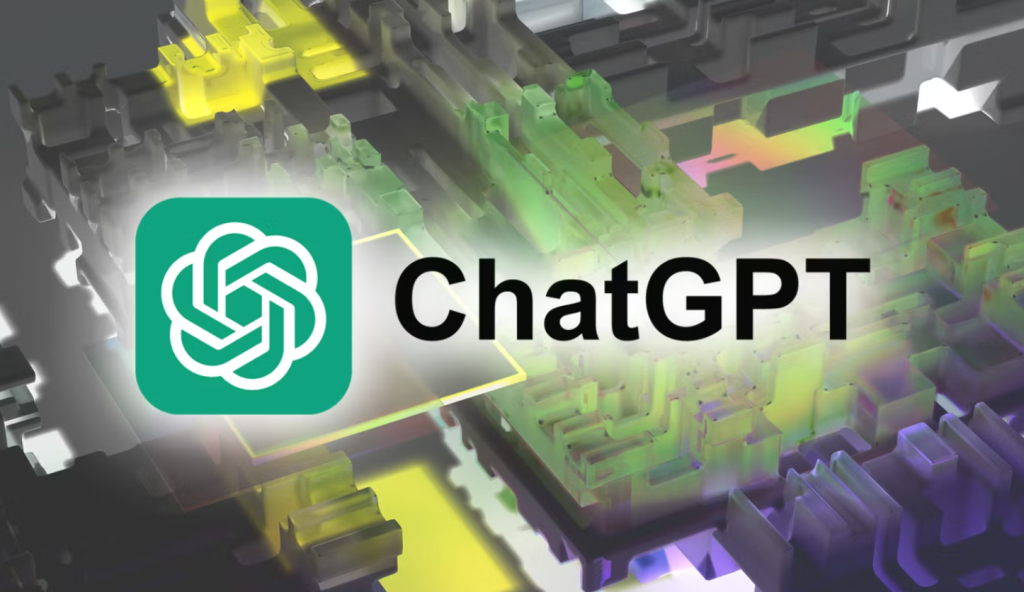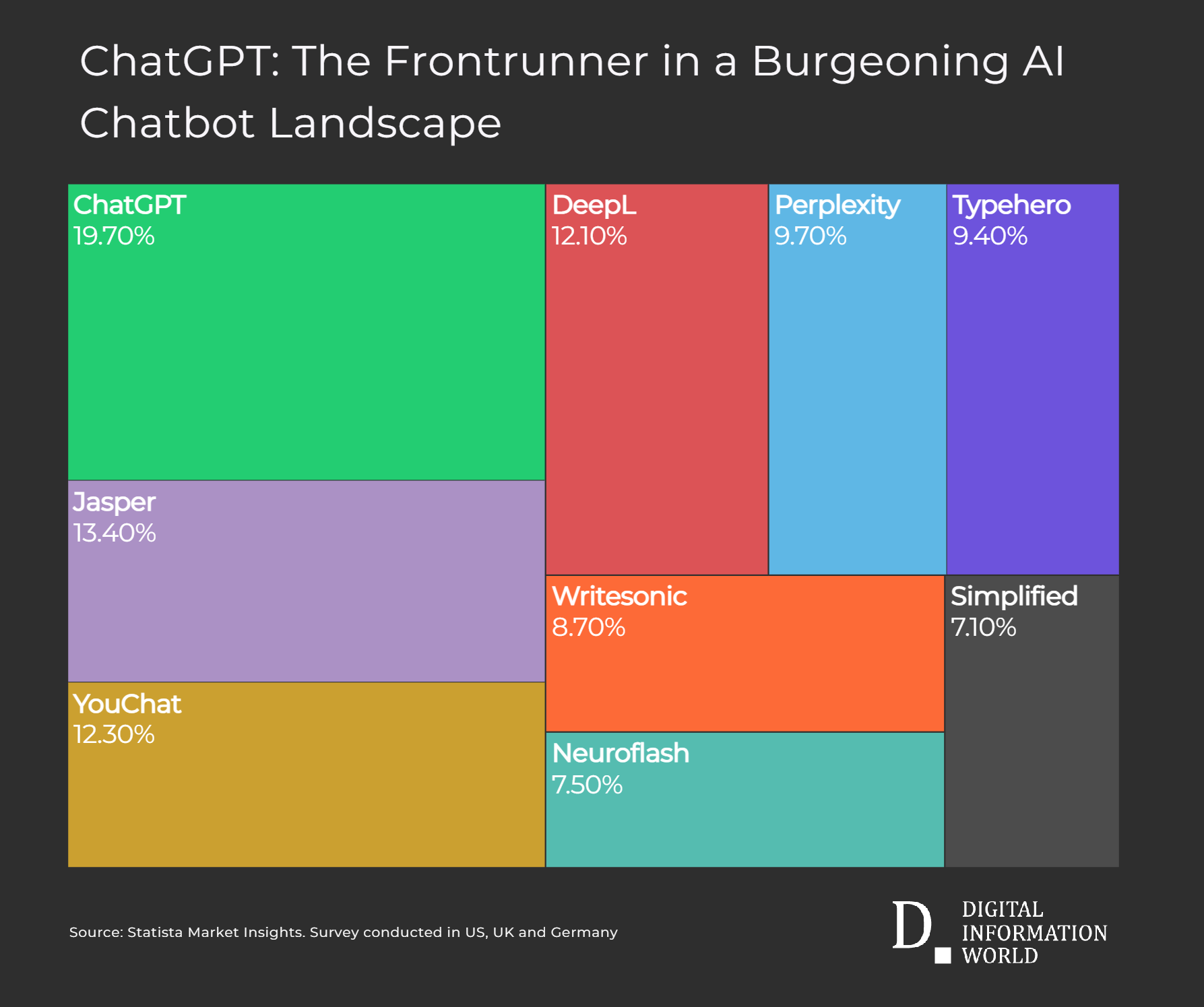ChatGPT In Trouble: OpenAI may go bankrupt by 2024, AI bot costs the company $700,000 every day
Inside OpenAI’s Massive Daily Spend: Keeping ChatGPT Alive with Microsoft’s $10B Support
OpenAI, the pioneering AI studio that sparked widespread interest in AI among non-technical individuals, is currently grappling with significant challenges that have raised concerns about its future. A recent report by Analytics India Magazine highlights these hurdles, indicating that the company’s path to sustained success is uncertain.
One pivotal issue revolves around OpenAI’s quest to trademark ‘GPT,’ a move that initially sparked fears of a decline in the company’s reputation and user base. Although the trademark was not secured, there’s evidence that a portion of users has shifted away from OpenAI’s GPT products. The decline in usage during the summer months and the introduction of the ChatGPT API, which empowers users to build their own bots, contributed to this trend.
July witnessed a 12% decrease in ChatGPT users, dropping from 1.7 billion to 1.5 billion users, according to SimilarWeb. Notably, this statistic doesn’t encompass API usage, which is where the bulk of OpenAI’s revenue originates. A possible factor in this decline could be API cannibalization, as companies favor integrating open-source LLM models like Meta’s LLaMA 2, which offers commercial use. The question arises: why opt for OpenAI’s paid and restricted version when a more adaptable and free-to-use alternative is available?

The company’s shift from a non-profit model to a profit-oriented approach, coupled with CEO Sam Altman’s limited equity ownership, raises questions about OpenAI’s financial priorities. Although Altman himself may not prioritize profits, the company’s financial struggles are evident, with reported losses reaching $540 million since ChatGPT’s development.
In light of these financial challenges, the prospect of an IPO seems premature for OpenAI, as suggested by a recent Investopedia report. Such a move typically requires at least a decade of operation and $100 million in revenue, criteria that OpenAI has not yet met.
Microsoft’s substantial $10 billion investment has provided crucial support, keeping OpenAI operational for the time being. However, the company’s ambitious revenue projections of $200 million in 2023 and aiming for $1 billion in 2024 appear optimistic, given the mounting losses, as highlighted in the Analytics India Magazine report.
While transitioning to a paid model has generated some revenue, the overall financial outlook remains uncertain. Revenue potential may come from API purchases and the utilization of GPT-4-based chatbots or DALL-E2, but specific financial details are lacking.
Operational costs for ChatGPT are substantial, estimated at approximately $700,000 per day. Currently covered by Microsoft and recent investors, this arrangement places strain on OpenAI’s resources, making profitability an urgent goal.
A new contender has entered the AI landscape in the form of Musk’s xAI, challenging OpenAI’s dominance. Musk’s vision includes creating a “TruthGPT,” a chatbot aimed at minimizing political bias. This concept has garnered significant attention, with Musk even acquiring 10,000 NVIDIA GPUs to support his efforts, further intensifying the competition.
Compounding OpenAI’s challenges is the ongoing shortage of GPUs, hindering model enhancement and training efforts. Although the company filed for a trademark on ‘GPT-5,’ indicating its intention to continue training models, this pursuit has reportedly led to a decline in ChatGPT’s output quality.
Considering these circumstances, OpenAI’s ability to secure additional funding promptly will be pivotal in determining its future. Filing for bankruptcy by the end of 2024 might become a necessity, offering a potential path to obtaining the NVIDIA GPUs scheduled to arrive in the second quarter of that year, allowing the company to resume model training. In the interim, OpenAI faces a daunting journey ahead, with financial losses mounting, user numbers declining, legal disputes accumulating, and the quality of outputs diminishing.
The challenges OpenAI confronts underscore the dynamic nature of the AI landscape, where even pioneering companies must navigate complex terrain to maintain their positions at the forefront of innovation.




